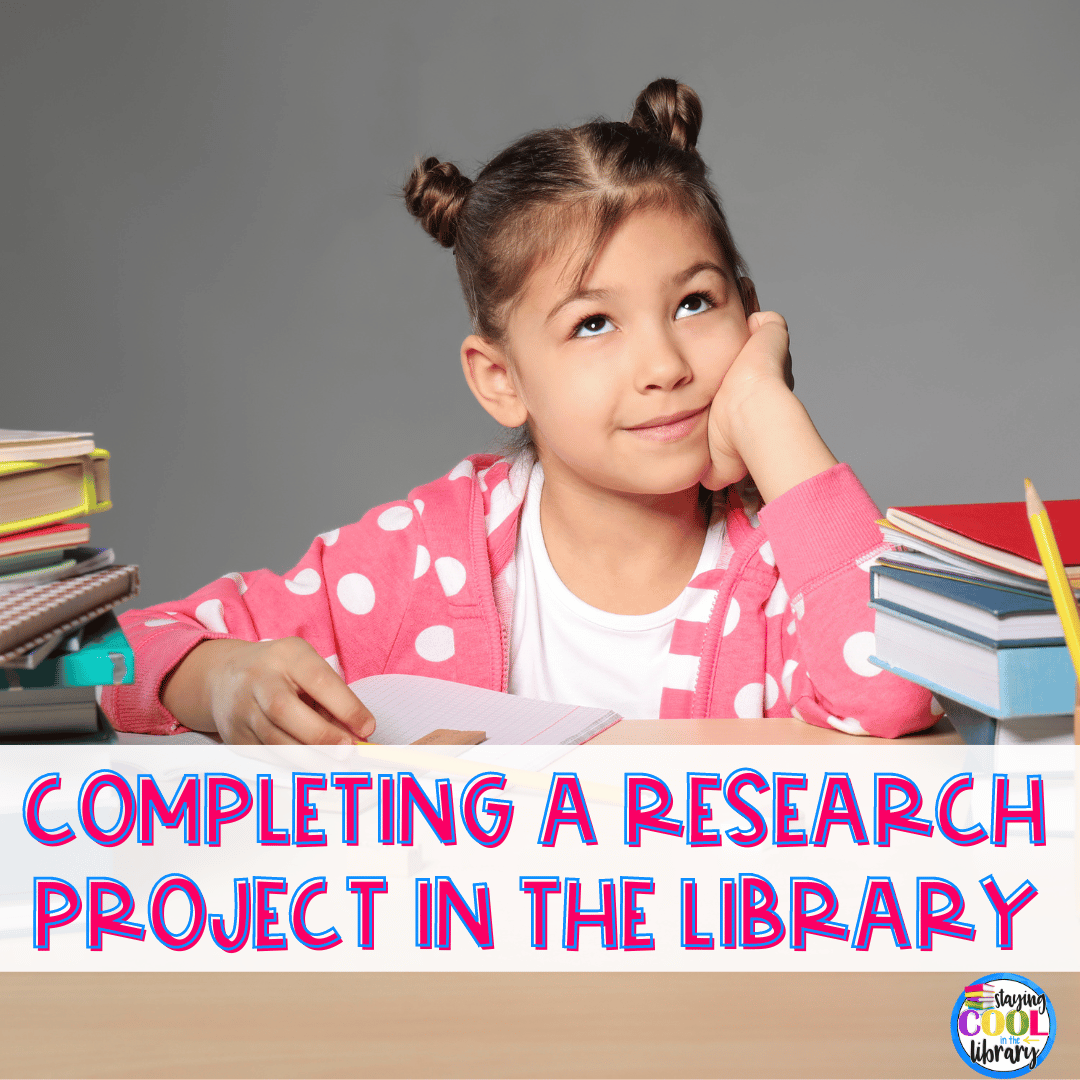As a librarian, I love teaching informational literacy to students of all ages. This is such an important skill for our students to learn and practice. And. . . there’s so much more than just the final project. In fact, most of the learning happens before the final project as students learn to find, analyze, and organize information. Keep reading to find out how I facilitate the completion of a research project during library time. We are going to dive right into completing a research project in this post. If you don’t feel you are there yet, check out my post on teaching the research process. That blog post details the skills I teach leading up to the project and how we prepare to dive into a research project. Planning the Research Project Before you begin the research project there are some things you will want to have already









